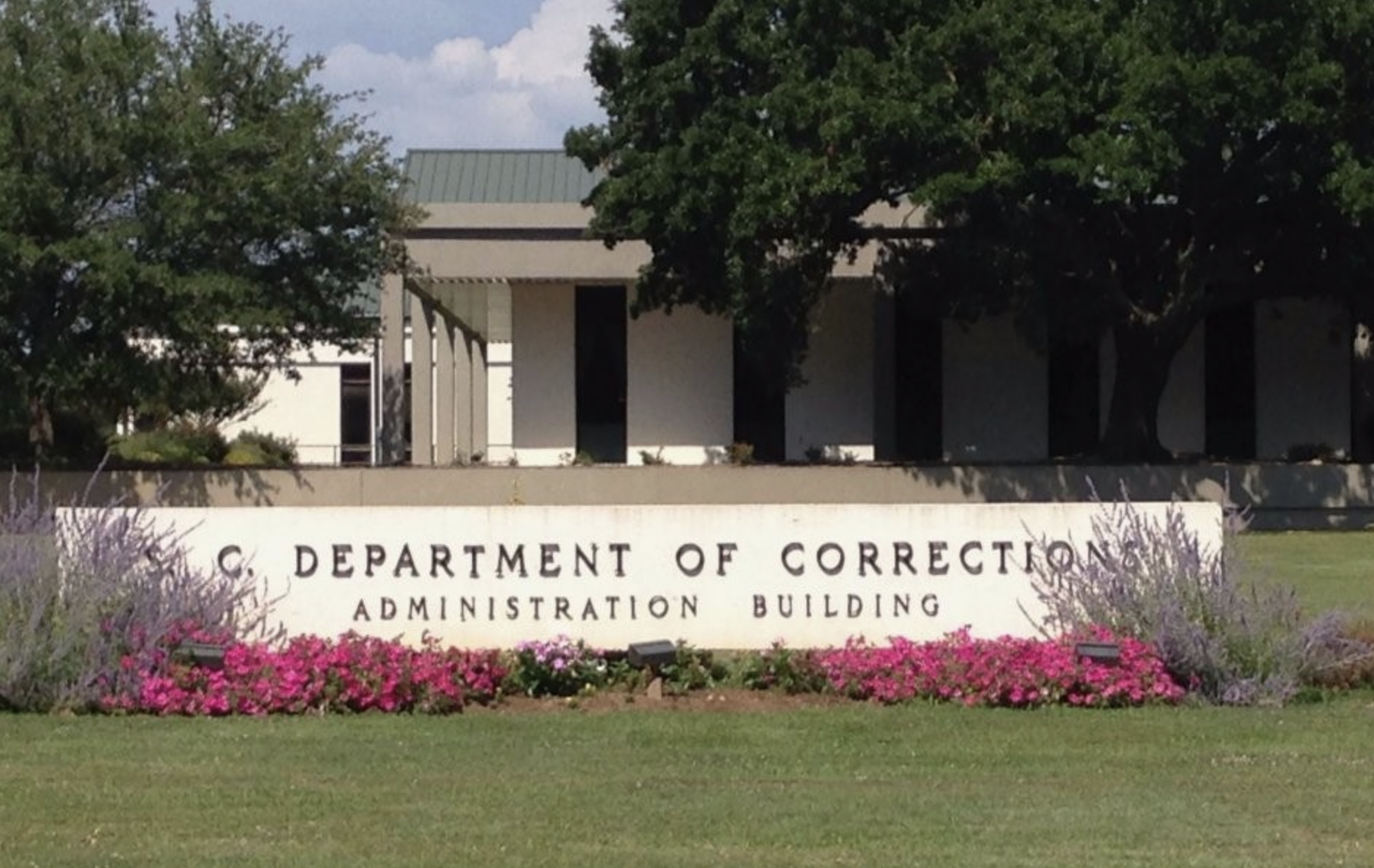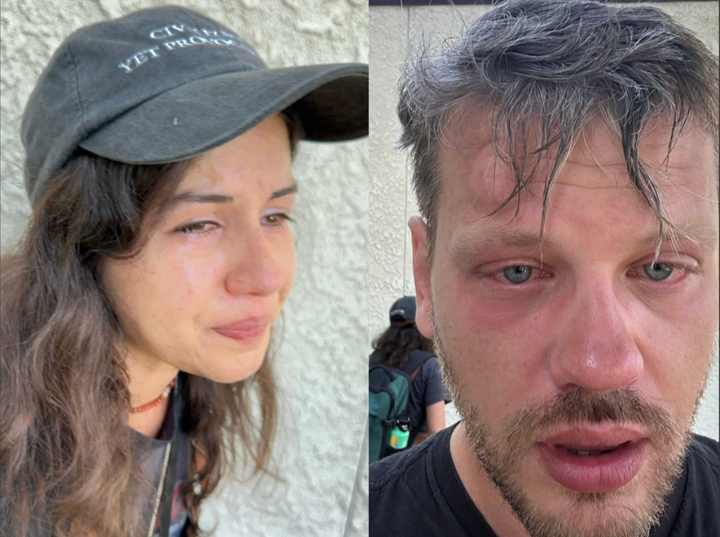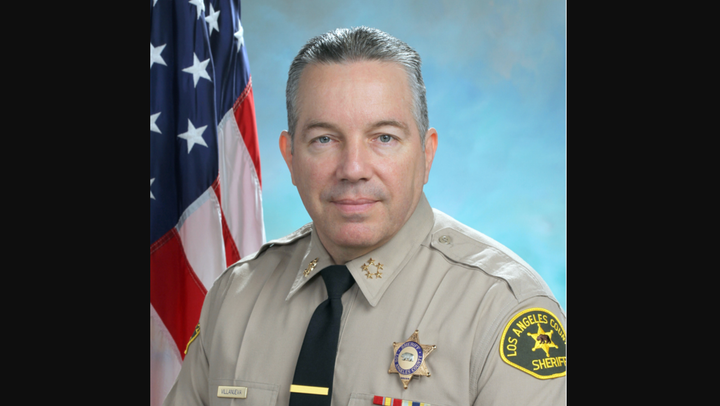The ACLU, South Carolina, and Information Control In Prisons
On February 22, the ACLU of South Carolina filed a federal lawsuit against one of the most restrictive "prison media access" policies in the United States.

The following article was made possible by paid subscribers of The Dissenter. Become a subscriber and support independent journalism on secrecy, press freedom, and whistleblowing.
In 2018, seven deaths occurred at Lee Correctional Institution, a state prison in South Carolina. It was the deadliest incident of violence in a United States prison in the past quarter century.
South Carolina Department of Corrections (SCDC) Director Bryan Stirling blamed “gangs” and insisted that illegal cellphones had intensified the incident. The state renewed pressure on the Federal Communications Commission (FCC) to allow officials to jam cell signals of prisoners and effectively tighten secrecy.
But Heather Ann Thompson, a reporter known for covering prisons, received numerous emails, calls, and texts from within South Carolina prisons that showed officials were “misleading” the public. State prison officials “had decided to house rival gangs in the same dormitory, and it was the official’s increasingly punitive policies that exacerbated tensions on the inside.”
Videos and photos that Thompson received illustrated the dehumanizing policies that had helped spark the violence. In Thompson’s view, the use of cellphones allowed prisoners to “document their claim that corrections officials could have prevented the high death toll.”
Only through prisoners themselves was it possible for reporters to get closer to the truth of what happened, and yet, in South Carolina, firsthand accounts from prisoners are suppressed daily by prison administrators.
Prisoners are barred from speaking to any member of the news media. They are permitted to write to journalists, however, the state bans prisoners from having anything written published by a media outlet.
Stirling previously told The Post & Courier newspaper in South Carolina that the ban is “rooted in victims’ rights.” He said, “We don't think victims should have to see the person who harmed them or their family members on the evening news.”
On February 22, the American Civil Liberties Union (ACLU) of South Carolina filed a federal lawsuit against the policy, which is one of the most restrictive “prison media access” policies in the country.
The complaint [PDF] was submitted on behalf of two prisoners, Sofia Cano and Marion Bowman Jr., as well as the civil liberties group itself. It claims that the “total ban” on news media interviews is unconstitutional.
“By threatening to punish prisoners for corresponding with the media or other individuals for the purpose of publication, and threatening to punish non-incarcerated persons who publish the speech of incarcerated people,” the ACLU of South Carolina maintains that the policy “chills the First Amendment rights of all incarcerated people and impedes plaintiff’s right to receive and publish information under the First Amendment.”
The policy “intentionally stifles the public’s access to information on matters of deep political concern,” the complaint further alleges.
Cano is a transgender woman who has sought hormone treatment that South Carolina prisons refuse to provide. The ACLU of South Carolina represents Cano in a lawsuit challenging this denial of health care, and Cano would like to share what she has endured in prison as a result of the state’s transgender health care ban.
The second prisoner, Bowman, is a death row inmate who has exhausted his appeals. In his pursuit of clemency, the ACLU of South Carolina would like to record his phone calls and publish them in “podcast form” to foster a greater conversation on the “impropriety of capital punishment” as well as the “inhumane treatment endured by people incarcerated in SCDC.”
“Incarcerated people’s speech has long played a critical role in our public discourse,” declared Allen Chaney, who is the legal director for the ACLU of South Carolina. “If applied historically, SCDC’s rule would suppress publication of Martin Luther King Jr.’s ‘Letter from Birmingham Jail,’ Nelson Mandela’s autobiography, and four books of the New Testament.”
Chaney added, “Today, it operates to insulate SCDC from real public accountability and to suppress the public’s knowledge about the violence committed against prisoners—wrongs that are committed in the public’s own name.”

Last year, the ban on media access received widespread attention as Alex Murdaugh, a former attorney convicted of murder, allowed a phone call with his attorney to be aired as a part of Fox Nation’s docu-series, “The Fall of the House of Murdaugh.”
South Carolina prison officials determined that Murdaugh had violated the policy against interviews and revoked his tablet and phone privileges. Officials even threatened Murdaugh’s attorney with the possibility of losing phone access to his client.
For The Post & Courier’s coverage of the ACLU's lawsuit, SCDC spokesperson Chysti Shain defended the policy.
"To ensure the overall security and stability of the prison environment, it's crucial to maintain strict control over communication channels and carefully regulate access to the media," Shain asserted. "This doesn't mean that inmates are completely cut off from the outside world, as there are usually controlled methods of communication” that allow prisoners “access to the media while minimizing security risks.”
But the state's “controlled methods” ensure that there will be retaliation against prisoners if their speech is shared by a news media organization.
Journalist Jared Ware, who reported on the violence at Lee Correctional for Shadowproof, was covering accusations from prisoners at a facility in McCormick, South Carolina. They claimed that administrators were denying them access to water. Ware told the Columbia Journalism Review that he attempted to contact prisoners by phone and air their interviews on his podcast.
After he shared their interviews, according to CJR, “Ware’s sources told him that officers were going through the facility, playing the recording, and demanding that Ware’s interviewees be identified. His sources asked him to take the podcast down.” Ware honored their request.
South Carolina’s ban on prisoners speaking to the news media makes it easier for administrators to abuse and retaliate against any incarcerated individuals who challenge the conditions of their confinement.
Months after the violence at Lee Correctional, the Incarcerated Workers Organizing Committee (IWOC) and Jailhouse Lawyers Speak organized a nationwide strike that involved a work stoppage at several facilities. Reporters like Emily Bohatch, a reporter at The State, a newspaper in Columbia, South Carolina, repeatedly called Lee Correctional in August 2018 to find out if the strike had taken root.
CJR described how Bohatch struggled to obtain answers to basic questions about the incident that resulted in seven dead prisoners. She even submitted open records requests with the state, but South Carolina would not immediately provide records.
“As a journalist, it’s my duty—I need to investigate,” Bohatch stated. “But there are so many barriers in the way, it’s so difficult, and it takes so long.”
In 2023, as The Post & Courier reported, South Carolina became the first state licensed under a new FCC rule that allows prison officials to track contraband cellphone numbers and “request their deactivation.”
Prison officials recently sought millions of dollars to install technology that will give the state greater ability to crack down on prisoners’ communications. Eliminating contraband cellphones removes a lifeline for prisoners and practically ensures that officials are able to hide the truth about incidents when they occur at their facilities.
Officials intentionally make it difficult for prisoners to expose abusive treatment and routine violations of their rights. They deliberately hinder public interest journalism on state prisons, and that is why the ACLU of South Carolina’s lawsuit against this unjustified system of information control is important.
Convincing a federal court that the state’s ban is unconstitutional would not only be a victory for freedom of speech but also freedom of the press.




Comments ()